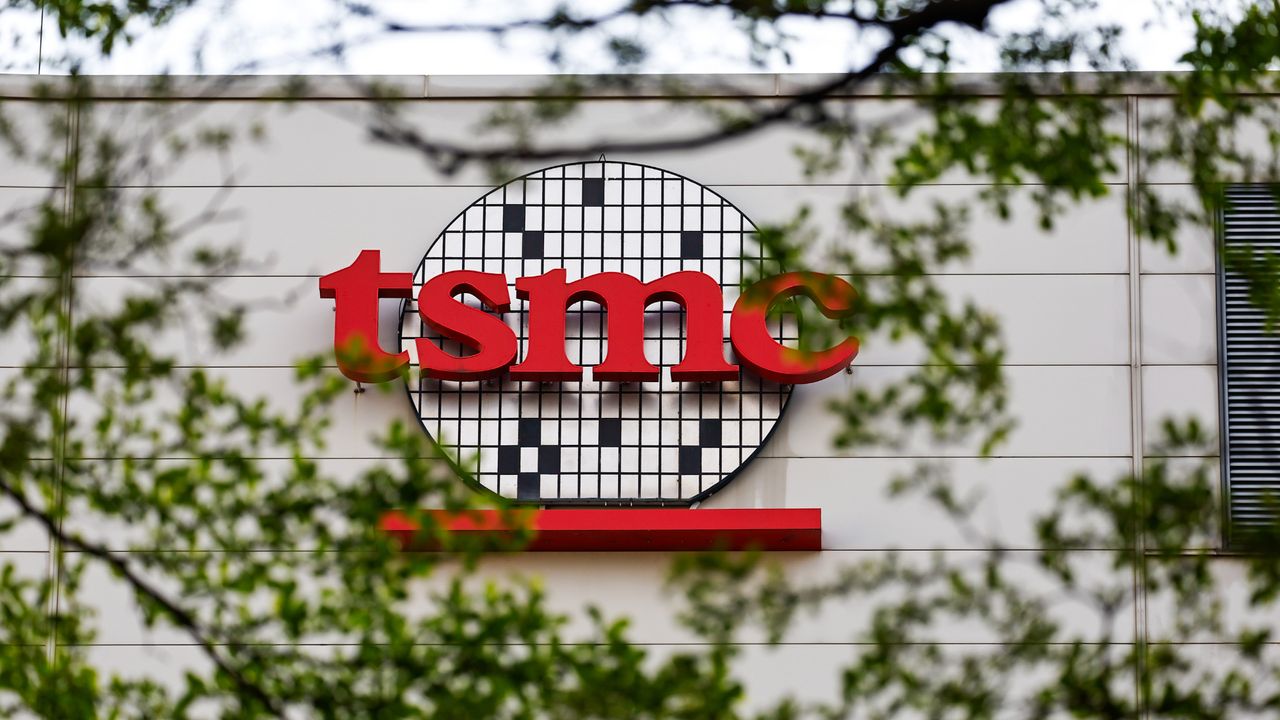
One former and two current TSMC employees have been formally charged by Taiwanese prosecutors for violating the country’s National Security Act. According to Nikkei Asia, the trio is accused of stealing details of the company’s 2nm process in an attempt to help Tokyo Electron become more competitive as a supplier of 2nm etching stations to mass produce the foundry’s latest technology.
One of the accused, Mr. Chen, was a former engineer at TSMC who had transferred to Tokyo Electron, said the prosecutors. The latter is a top Japanese firm that supplies chip-making equipment to the former, and it’s alleged that he contacted his co-conspirators, identified by the surnames Wu, Ge, and Liao, to gain insider information on the 2nm process.
When the chip-maker discovered the leak, it immediately reported the case to Taiwanese authorities, who then invoked the law that was meant to protect the country’s national core key technologies. This will be the first time that the country’s courts will exercise the protective measures it has set on its most advanced technologies, including process nodes smaller than 14nm.
The law was meant to protect the leakage of Taiwan’s most advanced technologies from its adversaries — China, to be specific — but it’s still prosecuting the suspected leakers even though the supposed recipient of the data is a Japanese firm. The prosecutors are asking for 14 years for Chen, nine years for Wu, and seven years for Ge. It seems that Liao was able to escape the indictment and that they’re not part of the case, at least for now.
Tokyo Electron said that it has already fired the employee involved in the case, and that it hasn’t discovered any leaked confidential information. Furthermore, the company said that it was willing to cooperate fully with the investigating authorities, and told Nikkei Asia that “it considers compliance with laws and ethical standards to be of its highest management priorities.”
On the other hand, TSMC claims that the stolen information isn’t critical, and that even if it reached its intended recipient, the data is compartmentalized and wouldn’t be usable.
Most industrial espionage stories fly under the radar, but this particular case garnered attention as it’s the first one to be tried under Taiwan’s new law. Aside from that, it also involves TSMC’s latest 2nm process, which is expected to enter mass production this year.
While information on TSMC’s 2nm process would definitely help any company working in the semiconductor field, it’s not necessarily a plug-and-play process where they’ll immediately be able to start making the advanced chips. After all, semiconductor manufacturing isn’t just about knowing how a chip is made — even with all the information, an institution still needs the rest of the complicated system to achieve even something close to what TSMC can do.
Follow Tom's Hardware on Google News to get our up-to-date news, analysis, and reviews in your feeds. Make sure to click the Follow button.







